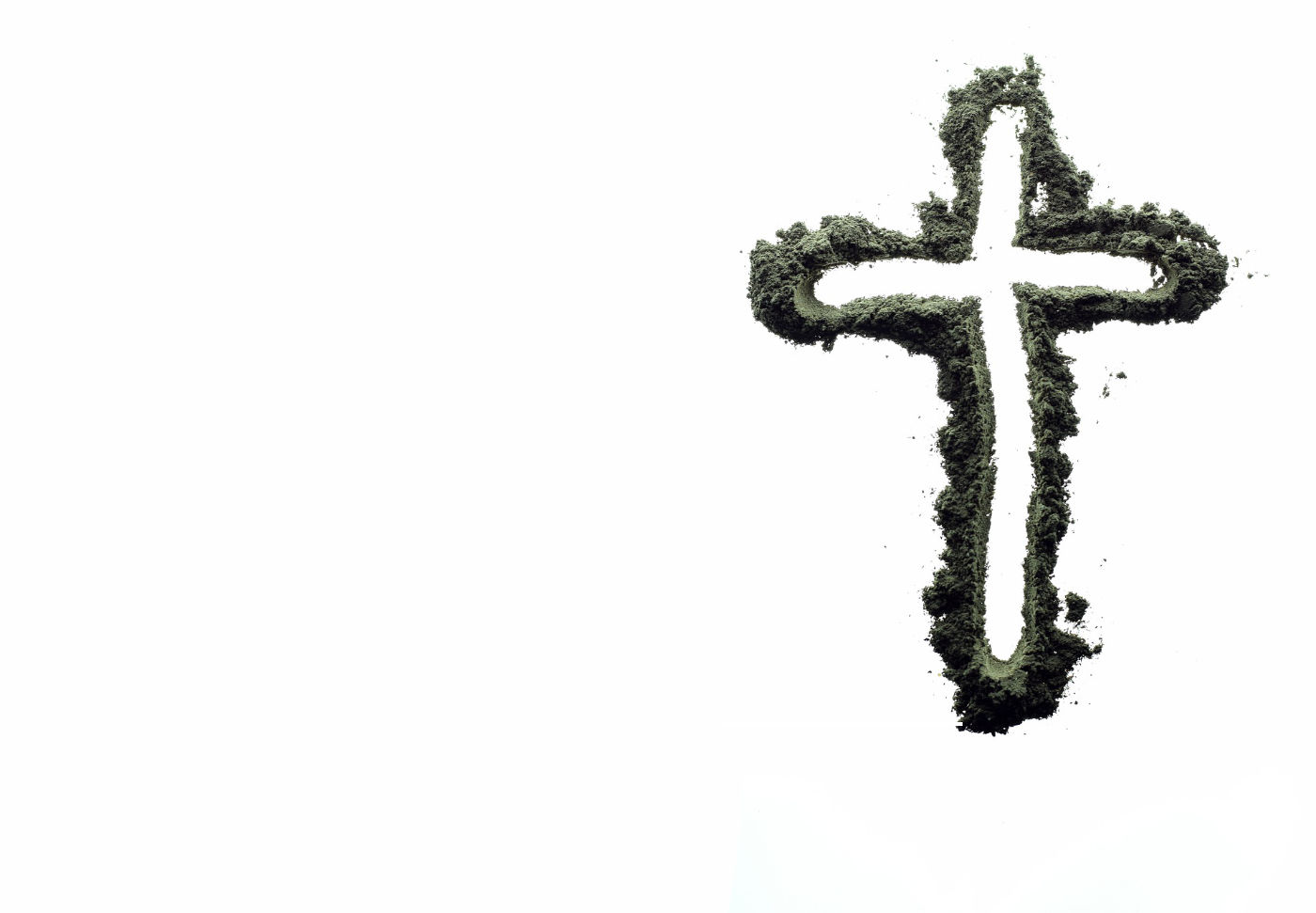Today’s Lenten word comes from Romans 11:13-24 NRSV
13 Now I am speaking to you Gentiles. Inasmuch then as I am an apostle to the Gentiles, I glorify my ministry 14 in order to make my own people jealous, and thus save some of them. 15 For if their rejection is the reconciliation of the world, what will their acceptance be but life from the dead! 16 If the part of the dough offered as firstfruits is holy, then the whole batch is holy; and if the root is holy, then the branches also are holy.
17 But if some of the branches were broken off, and you, a wild olive shoot, were grafted in their place to share the rich root[b] of the olive tree, 18 do not boast over the branches. If you do boast, remember that it is not you that support the root, but the root that supports you. 19 You will say, “Branches were broken off so that I might be grafted in.” 20 That is true. They were broken off because of their unbelief, but you stand only through faith. So do not become proud, but stand in awe. 21 For if God did not spare the natural branches, perhaps he will not spare you.[c] 22 Note then the kindness and the severity of God: severity toward those who have fallen, but God’s kindness toward you, provided you continue in God’s kindness; otherwise you also will be cut off. 23 And even those of Israel,[d] if they do not persist in unbelief, will be grafted in, for God has the power to graft them in again. 24 For if you have been cut from what is by nature a wild olive tree and grafted, contrary to nature, into a cultivated olive tree, how much more will these natural branches be grafted back into their own olive tree.
Today’s meditation word(s) is share. It comes from the Greek word sugkoinónos meaning partaking jointly of, co-partner, a close companion.
Interestingly, the practice of grafting has been used for so long. Grafting has been practiced in Europe, the Middle East, and Asia since the 5th century BCE. Today, grafting is widely used in orchards, vineyards, and gardens. It improves plants’ resistance to diseases, shortens the time taken for the production of flowers or fruits, repairs damage to plants, and many more benefits. It takes on the best characteristics of two plants.
(In this passage, it is understood that the wild olive is the Gentiles and the natural branches are the Israelites.)
When plants or branches (in this case) die, they decompose and their nutrients go back to the soil, air, and water. Thus, the live grafted plants can benefit from the dead plants’ nutrients. If this narrative of dead plants/branches is told, how would the meaning of the dominant narrative change?


